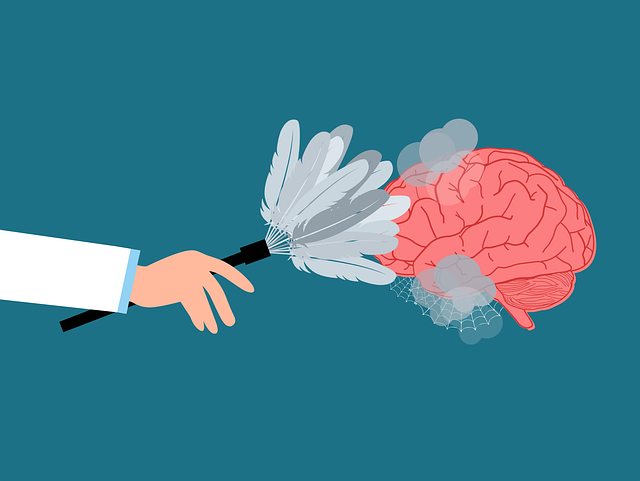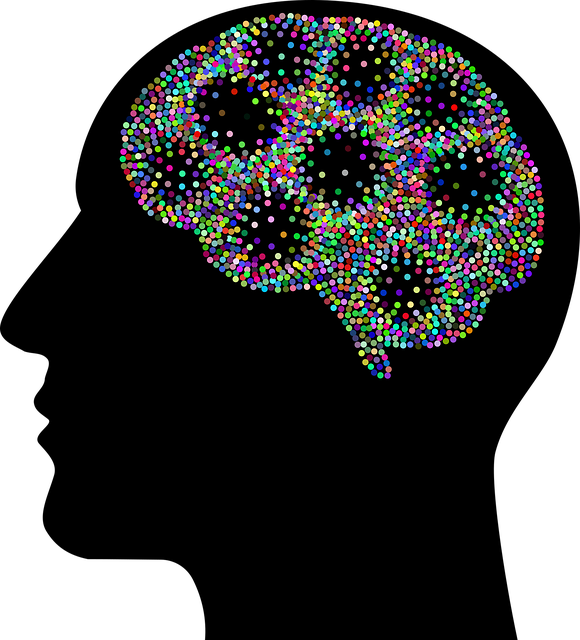Mental health challenges, from depression to psychosis, significantly impact daily life. Englewood Psychosis Therapy offers a revolutionary digital approach, providing accessible, personalized support for individuals with psychotic disorders through interactive exercises, educational videos, and peer discussions. The app incorporates evidence-based practices like CBT and mindfulness meditation, AI-driven check-ins, self-reflection tools, mood tracking, and stress management to empower users in their emotional healing processes. Development prioritizes understanding target audience needs, ethical considerations, and alignment with best practices, with future prospects including personalized interventions and virtual reality therapy.
In today’s digital era, mental wellness app development is revolutionizing access to support. This article explores how apps can tackle prevalent challenges like engagement in mental health conversations and offering effective treatment, specifically focusing on Englewood Psychosis Therapy as a promising digital approach. We’ll delve into key features, development processes, ethical considerations, and future prospects, highlighting the potential for app-based interventions to improve global mental health outcomes.
- Understanding Mental Health Challenges and Their Impact
- Exploring Englewood Psychosis Therapy: A Digital Approach
- Key Features and Components of a Wellness App
- Development Process, Ethical Considerations, and Future Prospects
Understanding Mental Health Challenges and Their Impact

Understanding Mental Health Challenges is an essential step in developing effective therapy solutions, like Englewood Psychosis Therapy. Mental health issues, ranging from depression and anxiety to more severe conditions such as psychosis, significantly impact individuals’ daily lives, relationships, and overall well-being. These challenges can manifest in various forms, affecting one’s ability to think, feel, and behave normally. The burden of mental illness is profound, leading to decreased productivity, social isolation, and even physical health complications if left untreated.
Building resilience and fostering positive thinking are integral parts of addressing these issues. Mental wellness apps that incorporate strategies for stress management, mindfulness exercises, and cognitive behavioral therapy (CBT) techniques can empower users to take control of their mental health. Additionally, the production of engaging Mental Wellness Podcast Series can provide accessible information and support, reaching a wider audience with diverse needs and preferences.
Exploring Englewood Psychosis Therapy: A Digital Approach

Englewood Psychosis Therapy represents a pioneering digital approach to mental wellness, offering innovative solutions for individuals grappling with psychotic disorders. By leveraging technology, this therapy provides accessible and personalized support, breaking down traditional barriers to care. Through engaging content like interactive exercises, educational videos, and peer-to-peer discussions, users can navigate their mental health journeys at their own pace.
The app’s focus extends beyond managing symptoms to promoting overall well-being. Features such as mindfulness practices, stress management techniques, and self-esteem improvement exercises cater to the holistic needs of users. Moreover, the integration of a mental wellness podcast series production allows for diverse and dynamic content, addressing various aspects of burnout prevention and fostering a supportive community.
Key Features and Components of a Wellness App

A comprehensive mental wellness app should offer a multi-faceted approach to support users’ emotional well-being. Key features include personalized therapy plans tailored to individual needs, incorporating evidence-based practices such as cognitive behavioral therapy (CBT) and mindfulness meditation. Regular check-ins with AI-driven assessments help track progress and identify potential relapses or areas of concern, enabling timely interventions.
Integrating tools for self-reflection, mood tracking, and stress management empowers users to actively participate in their emotional healing processes. Additionally, the app should facilitate secure communication between users and mental health professionals, promoting continuous care. For professionals, features like risk management planning tools enhance safety protocols, ensuring a supportive environment for both practitioners and clients, especially when addressing conditions like Englewood psychosis.
Development Process, Ethical Considerations, and Future Prospects

The development process of a mental wellness app begins with an understanding of the target audience’s needs, often guided by Crisis Intervention Guidance and Mental Health Policy Analysis and Advocacy. Researchers and developers collaborate to identify key features that can effectively address common mental health challenges, such as stress management, anxiety reduction, and depression tracking. This stage involves extensive market research, user experience (UX) design, and prototyping to ensure the app is intuitive, engaging, and aligned with best practices in Englewood Psychosis Therapy.
Ethical considerations are paramount throughout development. Developers must prioritize data privacy and security, ensuring compliance with relevant regulations like GDPR or HIPAA. Bias in algorithms and content should be rigorously tested to avoid exacerbating existing disparities in mental health care. Moreover, the app’s language and messaging should be inclusive, sensitive, and tailored to diverse cultural contexts. With ongoing advancements in technology, future prospects for mental wellness apps look promising, offering personalized interventions, virtual reality therapy sessions, and seamless integration with wearable health devices. These innovations aim to expand access to mental health support, enhance treatment outcomes, and contribute to a holistic approach to Stress Reduction Methods.
The development of mental wellness apps, particularly focusing on innovative approaches like Englewood Psychosis Therapy, holds immense potential to revolutionize access to care. By integrating digital solutions with evidence-based practices, these applications can provide personalized support and guidance for individuals navigating mental health challenges. As technology advances, ethical considerations must be at the forefront while exploring new frontiers in mental wellness app development. With continuous research and user-centric design, we can expect even more effective tools to enhance mental well-being in the future.














